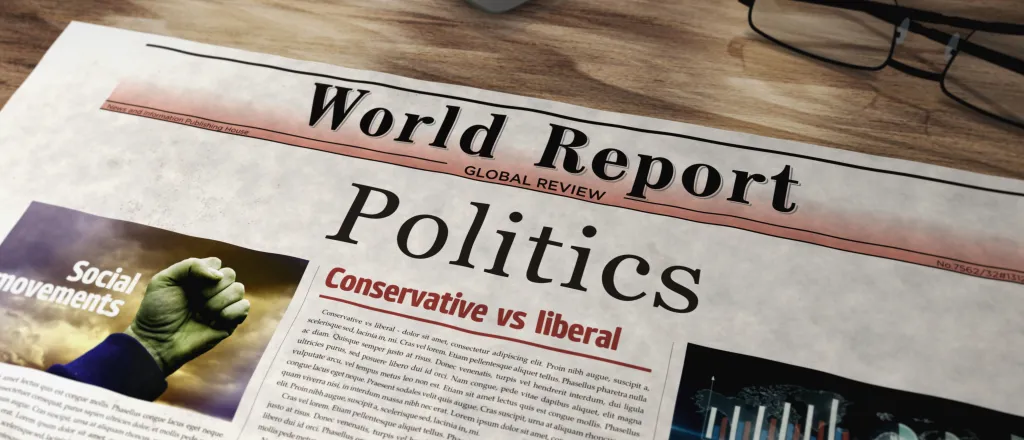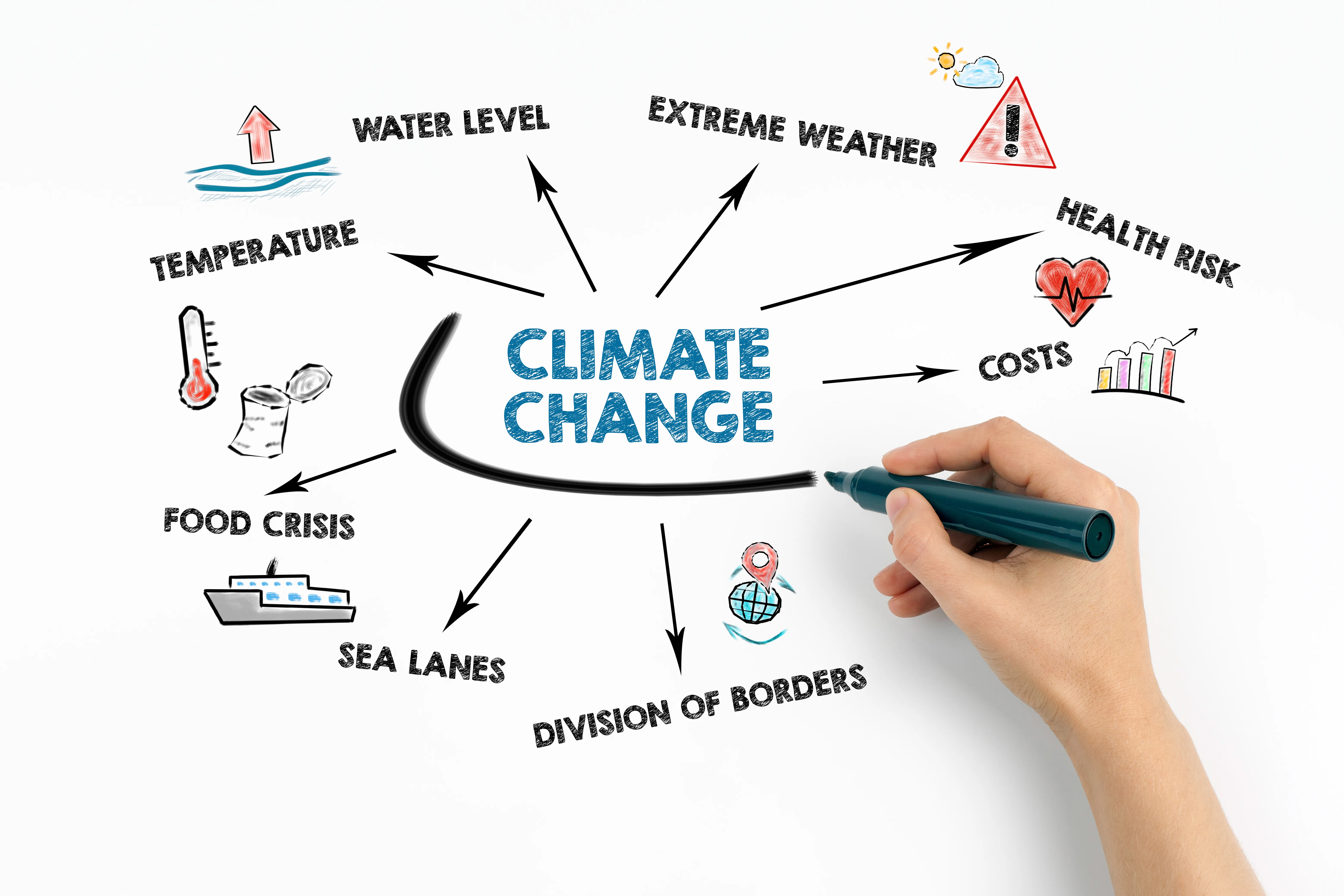
Politics: 2025Talks - April 8, 2025
© Arkadiusz Warguła - iStock-1890683226
Politics and views in the United States.
The Israeli government promises to cooperate on tariffs. U.S. Secretary of State says markets are not crashing, just 'adjusting,' and budget legislation moving in Congress makes room for Trump's tax cuts.
TRANSCRIPT
Welcome to 2025 Talks, where we're following our democracy in historic times.
We will eliminate the trade deficit with the United States.
We intend to do it very quickly.
We think it's the right thing to do.
And we're going to also eliminate trade barriers.
During a visit to the White House, Israeli Prime Minister Benjamin Netanyahu promised to improve their trade balance with the U.S.
The White House says many countries are seeking to negotiate, but as of now, the administration is going ahead with plans to trigger its promised global tariffs.
President Donald Trump says he's not backing away from the policy, which includes a 17 percent duty on Israeli goods.
China is joining the countries retaliating rather than negotiating.
It responded to the new U.S. levies with 34 percent tariffs of its own.
This seems to have only provoked Trump's ire, who is threatening an additional 50 percent levy, which was subject China to a 104 percent total duty.
U.S. stocks briefly entered bear market territory amid concerns about a pending global recession.
Asian and Asian stock markets closed down today with futures looking bleak.
Secretary of State Marco Rubio is echoing the White House line that markets are just adapting to a new global trade order.
Ultimately, as long as they know what the rules are going to be moving forward, and as long as that's set and you can sustain where you're going to be, the markets will adjust.
Businesses around the world, including in trade and global trade, they just need to know what the rules are.
Once they know what the rules are, they will adjust to those rules.
U.S. stocks briefly rebounded on a false rumor the White House might pause the tariffs.
Many independent economists are criticizing the trade policy and notably the drastic and chaotic way it's being implemented.
Predictions say a recession and higher inflation are becoming much more likely.
Federal Reserve Chair Jerome Powell says they are watching for specific signs.
While tariffs are highly likely to generate at least a temporary rise in inflation, it's also possible the effects could be more persistent.
Avoiding that outcome would depend on keeping longer term inflation expectations well anchored, on the size of the effects, and on how long it takes for them to pass through fully to prices.
Powell warns the administration's policies on trade, immigration, regulation and fiscal policy could lead to both higher unemployment and higher inflation.
The most recent jobs report was based on numbers from before the tariffs rollout, but it showed low unemployment accompanied by inflation continuing to drop towards low levels after pandemic highs.
Meanwhile, the Senate voted 51-48 to approve a framework that would enable Trump's domestic and fiscal agenda.
Along with lifting the debt limit, it extends the 2017 tax cuts, giving the greatest benefit to the very wealthiest households while reducing revenue dramatically.
A Tax Foundation report says they would cut federal revenue by $4.5 trillion over the next 10 years.
But Senate Majority Leader John Thune says it's why Americans voted Trump and the GOP back into power.
This resolution is the first step toward a final bill to make permanent the tax relief we implemented in 2017 and deliver a transformational investment in our border, national and energy security all accompanied by substantial savings measures and common sense reforms to our government.
I'm Edwin J. Vieira for Pacifica Network and Public News Service.
Find our trust indicators at publicnewsservice.org.
















